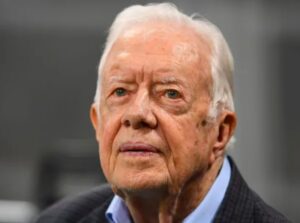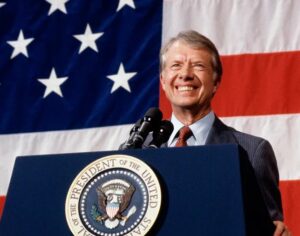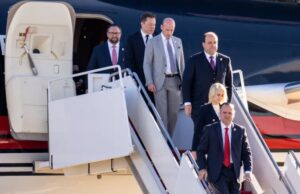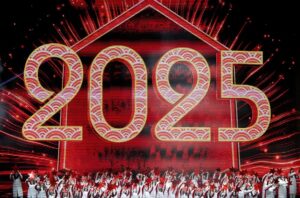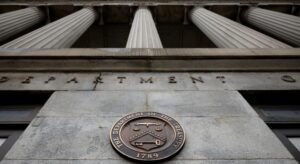
A Rift Over H-1B Visas Sparks Conflict Between Musk and Far-Right Activists
Tensions over the H-1B skilled-worker visa program have erupted into a public feud, pitting far-right activists against billionaire Elon Musk and Silicon Valley leaders. The debate highlights a potential fracture between former President Donald Trump’s nationalist base and his growing alliance with technology executives.
The controversy began when far-right activist Laura Loomer criticized Trump’s selection of Sriram Krishnan, an Indian-born tech entrepreneur, as senior policy adviser on artificial intelligence. Loomer condemned Krishnan’s past advocacy for easing green card caps and expanding skilled-worker immigration, claiming it contradicted Trump’s “America First” agenda.
Krishnan’s appointment reignited debate over the H-1B visa program, a cornerstone of Silicon Valley’s workforce strategy, which permits foreign workers with specialized skills to work in the U.S. for up to six years. Loomer’s critique triggered heated online exchanges with Musk, investor David Sacks, and Republican politician Vivek Ramaswamy, who defended the need for skilled immigration to maintain U.S. competitiveness in the global tech race.
Ramaswamy argued that the U.S. lacks sufficient skilled workers to sustain innovation, warning that without foreign talent, China could surpass the U.S. in critical fields. Musk echoed this sentiment, stating that top-tier engineering talent is scarce in the U.S. and crucial for tech companies striving for global leadership.
However, Loomer and others in Trump’s base pushed back, framing the reliance on foreign workers as a betrayal of American workers. Nikki Haley, a former GOP presidential candidate, called for greater investment in the U.S. education system to address talent shortages.
The clash escalated when Loomer accused Musk of retaliating against her on his platform, X (formerly Twitter), claiming her verified status and premium subscriptions were revoked after she criticized him. Musk dismissed Loomer’s remarks as attention-seeking, advising his followers to ignore her.
The feud has exposed deep divisions within Trump’s coalition as he prepares for a second term. While Trump has softened his rhetoric on legal immigration, suggesting automatic green cards for international students with advanced degrees, his first term saw restrictive policies, including freezes on H-1B visas and heightened salary requirements for visa holders.
Tech leaders, including Musk, have long relied on H-1B visas to hire top talent, particularly in artificial intelligence. In 2024, Amazon led U.S. companies in H-1B approvals with 3,871 new hires, followed by Google with 1,058 and Tesla with 742. Silicon Valley argues that skilled immigration is vital to maintaining the U.S.’s technological edge.
The debate also underscores the personal stakes for many tech executives, who are often immigrants themselves. Critics of the current immigration system have called for modernization to reduce inefficiencies and better align with industry needs.
As Trump reasserts a hardline stance on immigration, including plans for mass deportations, his administration faces pressure from Silicon Valley to expand pathways for skilled workers. Whether Trump can reconcile these conflicting priorities remains uncertain, but the H-1B visa debate signals a brewing conflict within his base and a test of his evolving relationship with the tech industry.
The controversy may foreshadow broader challenges in uniting Trump’s nationalist supporters with Silicon Valley allies who advocate for a global approach to talent acquisition. As one economist described it: “This is like the pregame to future conflicts.”

